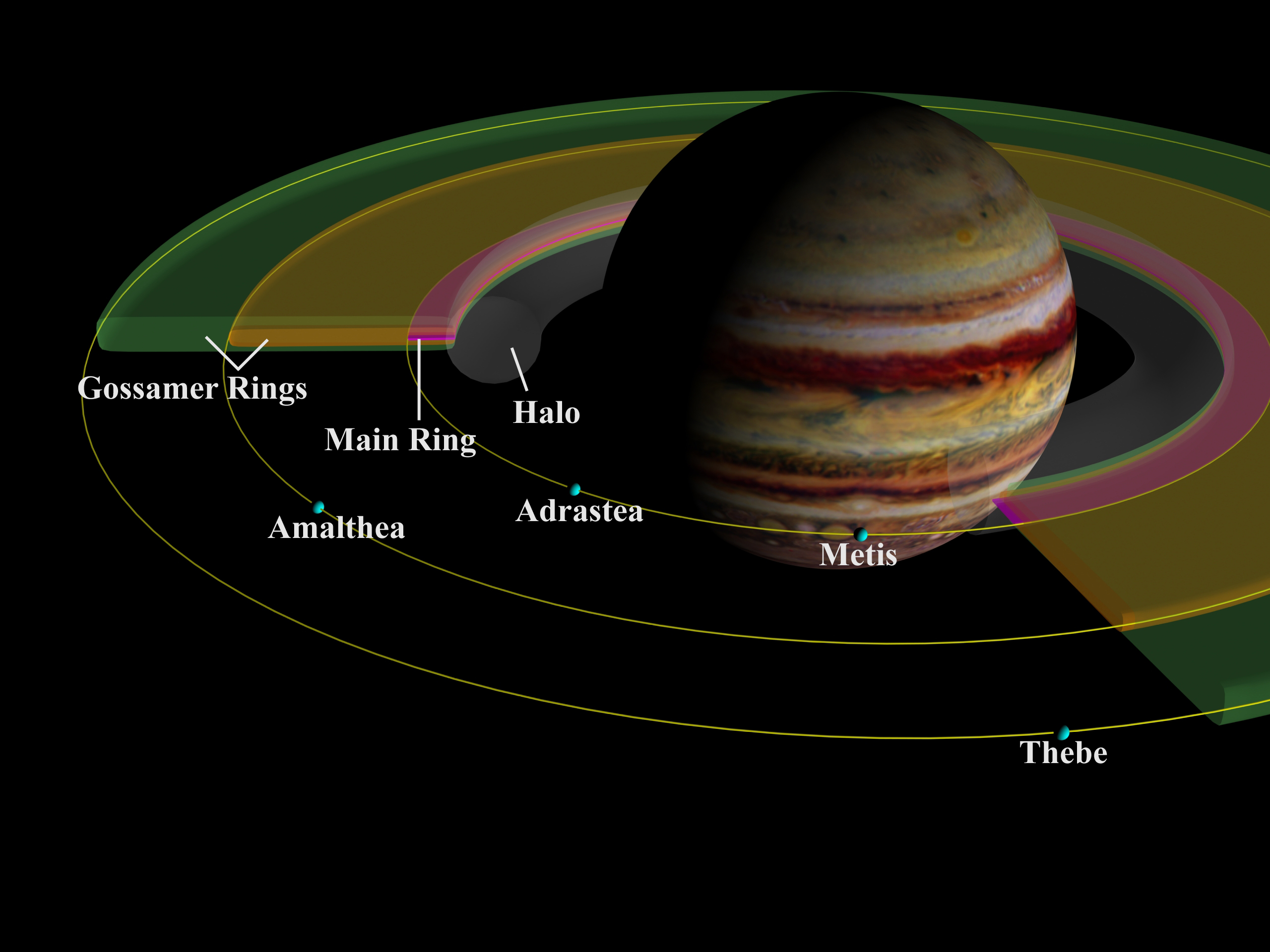Certain people are wrong, but you're magnitudes of order more wrong.
I was actually dead on correct. The accepted definition of a planet as posted on Wikipedia is:
A planet is a celestial body orbiting a star or stellar remnant that is massive enough to be rounded by its own gravity, is not massive enough to cause thermonuclear fusion, and has cleared its neighbouring region of planetesimals.
This definition is drawn from two separate IAU declarations; a formal definition agreed by the Union in 2006, and an informal working definition established by the Union in 2003. The 2006 definition, while official, applies only to the Solar System, while the 2003 definition applies to planets around other stars. The extrasolar planet issue was deemed too complex to resolve at the 2006 IAU conference.
What you are referring to is the 2006 declaration which is limited in scope to ONLY OUR SOLAR SYSTEM.
Ergo...it was not me who was "magnatiudes of order more wrong" :lol:
As far as moons go...I know what the definition of a moon is but you completely missed my point. Why be so selective and exclusive in the definition of a planet but be so wide open in the definition of a moon? Would it not make sense to be more consistent? If it is necessary to draw a distinction between planets and dwarf planets, would it not make sense to make a similar distinction with regards to moons?



